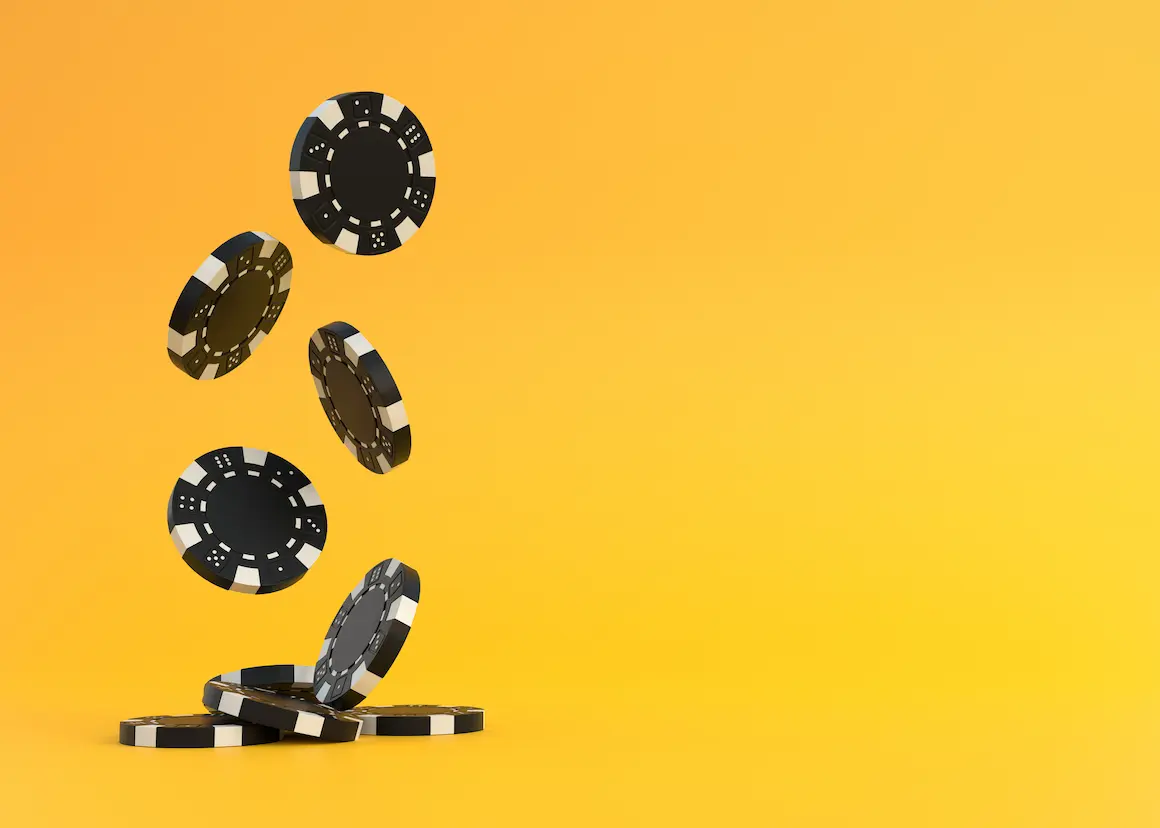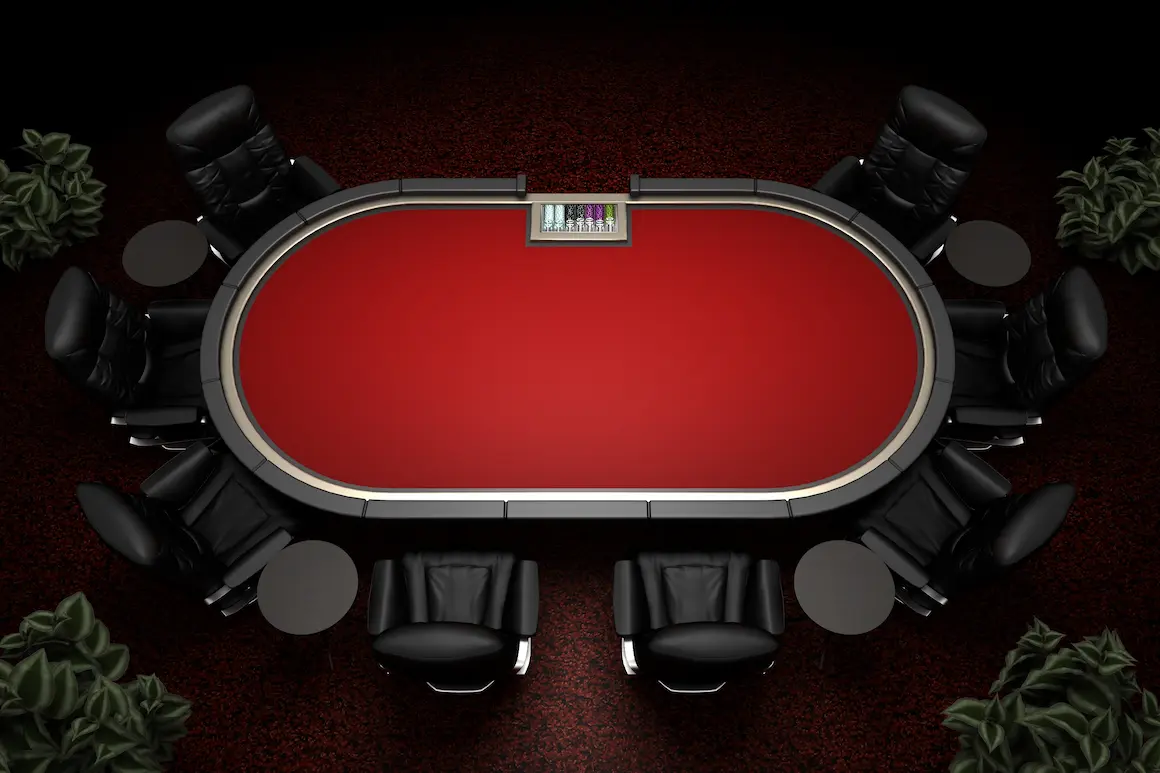In a poker game, you must always know when to fold. There are even certain strategies in the game, like discarding cards on time, which is the first thing that every player should be able to do. Literally, just two hands can seriously spoil your game, leading to defeat or bankruptcy.
The decision to fold seems to be the simplest in poker. After discarding the hand, the participant leaves the game and eliminates risk. He loses only the amount already placed in the previous and current auctions. This is what many beginners think. They don’t realize that discarding cards leads to the potential loss of profits or funds in many cases. According to the strategy, any action must be justified. This review discusses the main wrong reasons for passing.
Fold maths

Any action in online poker can be evaluated mathematically. By placing a bet, the user claims a part of the pot equal to the probability of winning the combination. Players earn this share in the long run. Though they can lose in one game, they can win in another. If the ratio is around 50% or lower but there are profitable pot odds, the poker player will stay in the black.
The fold never brings profit. By passing, the participant either does not lose anything (if there was no bet made) or loses the money invested in the bank.
Feeling lika a loser
Many beginner poker players feel like losers because their opponent made the first bet. In such cases, an opponent often has an unfinished combination and raises to receive the anticipated profit from fold equity (probability of folds by incoming hands). It increases according to the stakes.
From a mathematical point of view, the situation does not change much when raising by two-thirds or one and a half pot, but in the second case, subconsciously newbies begin to feel fear. A 2/3 raise needs 28% equity, and a 3/2 raise needs 36% odds to make a profitable call. Despite the 9% difference, most starting cards will be played profitably. If you always fold with unfinished combinations at high costs, approximately 80% of your hands will be uninvestable.
When opponents stick to aggressive tactics, it can be tempting to step out. Notably, a poker player never needs more than 50% equity for a profitable game. It only takes 33% to equate a replacement bet with the pot and 25% to raise 1/2 pot.
Conclusion: When assessing the probability of a fold action, one should be guided not by the size of bets, but by pot odds. Making them equal to the odds against winning allows you to mathematically evaluate the profitability of the call.
Tilt and downswing

When the player’s psychological state is disturbed due to losses or problems not connected with poker, it begins to seem that danger lies in every hand. The mind picks up negative moments and runs scripts to avoid similar experiences in the future.
If the player has recently experienced a downswing (a series of losses not due to strategy errors, but due to coincidence), the mind switches to a high alert state. High dispersion investments are starting to look unacceptable. When a stronger hand than the one being played is possible, the poker player may think that the opponent always has it, and folding becomes the only possible decision.
The subconscious is difficult to fight. Therefore, it is important to identify tilt and downstreak. To do this, you need to regularly analyze the hand history, especially during a losing session. If statistics indicate tilt or an occasional decline, you need to take a break. Stopping the game is likely to restore psychological balance. This time can be put to good use. For example, practice poker strategies from textbooks or video tutorials, and using software simulators.
Aiming to reduce dispersion
Some players are obsessed with the idea of lowering the difference between probable mathematical profit and real profit. The problem is that many poker players avoid dispersion when it’s better to invest than to fold.
Must be noted: When a player tries to stop reducing short-term dispersion, the prospective downswings increase. The more you fold your hands when you should be investing, the more noticeable the reduction in win rate becomes. As it worsens, the degree and scale of possible downswings increase.
Conclusion: by playing too tight in hands with higher dispersion, the poker player strengthens the volatility of the results and increases the likelihood of facing a downswing.
Not knowing how to bluff
An important tool for making money in poker is bluffing. Some players who don’t know how to use it are less likely to see that the opponent can use tricks to take the pot with a weak hand. In reality, in more than half the cases, cards are played using bluff and semi-bluff. Therefore, sometimes you must be ready to make an aggressive move, i.e. to raise and not fold.
On a dangerous board that allows a draw flush or a straight, you should raise more often than give up. In most such cases, the opponent will play with a semi-bluff, issuing bets that are beneficial for themselves. The main task is to make them unprofitable. The optimal size can be determined using pot odds and the possibility of getting the desired card. If the opponent calls when the raise is too high for him in terms of mathematical calculations, the player makes a profit in the long run.
Fast Poker

At Zoom tables, the desire to discard arises when receiving any starters of weak and medium strength. Even hands like AT, KQ, and KJ seem unpromising. The reason for it is the desire to see new cards that are dealt immediately after the fold. Hoping to get top starters, a beginner folds a lot of good hands and doesn’t make a profit when it’s possible.
Most fast poker opponents will start the same way, folding small and medium pairs, weak aces, and suited and offsuit connectors. By expanding the range for entering the trades with a raise, the player will take the pot more often and face less retaliatory aggression. In some hands, you will have to pass, but in general, the session will bring income.
Beginning poker players use folding too often, especially when betting against aggressive opponents who make high raises. If the decision to fold is made for the above reasons, the beginner unnecessarily loses the pot, which affects the profitability of the session.
He/Him
Casino Games & Betting Expert
20 articlesMārcis is driven and ambitious, particularly excelling in the realm of casinos, where his expertise lies in slot machines. He boasts an impressive knowledge of the industry's leading game developers and their creations. With a keen understanding of the games, he delves into the intricacies of each slot machine's bonuses and winning potential. Mārcis is eager to share his wealth of experience and insights, which is why he joined the Casinobaltics team. All together, they aim to educate our readers.
Nationality
latvian
Lives In
Latvia
University
University of Potsdam
Degree
Sports management
More info on Mārcis Līcis






 marcis.licis@casinobaltics.com
marcis.licis@casinobaltics.com 
